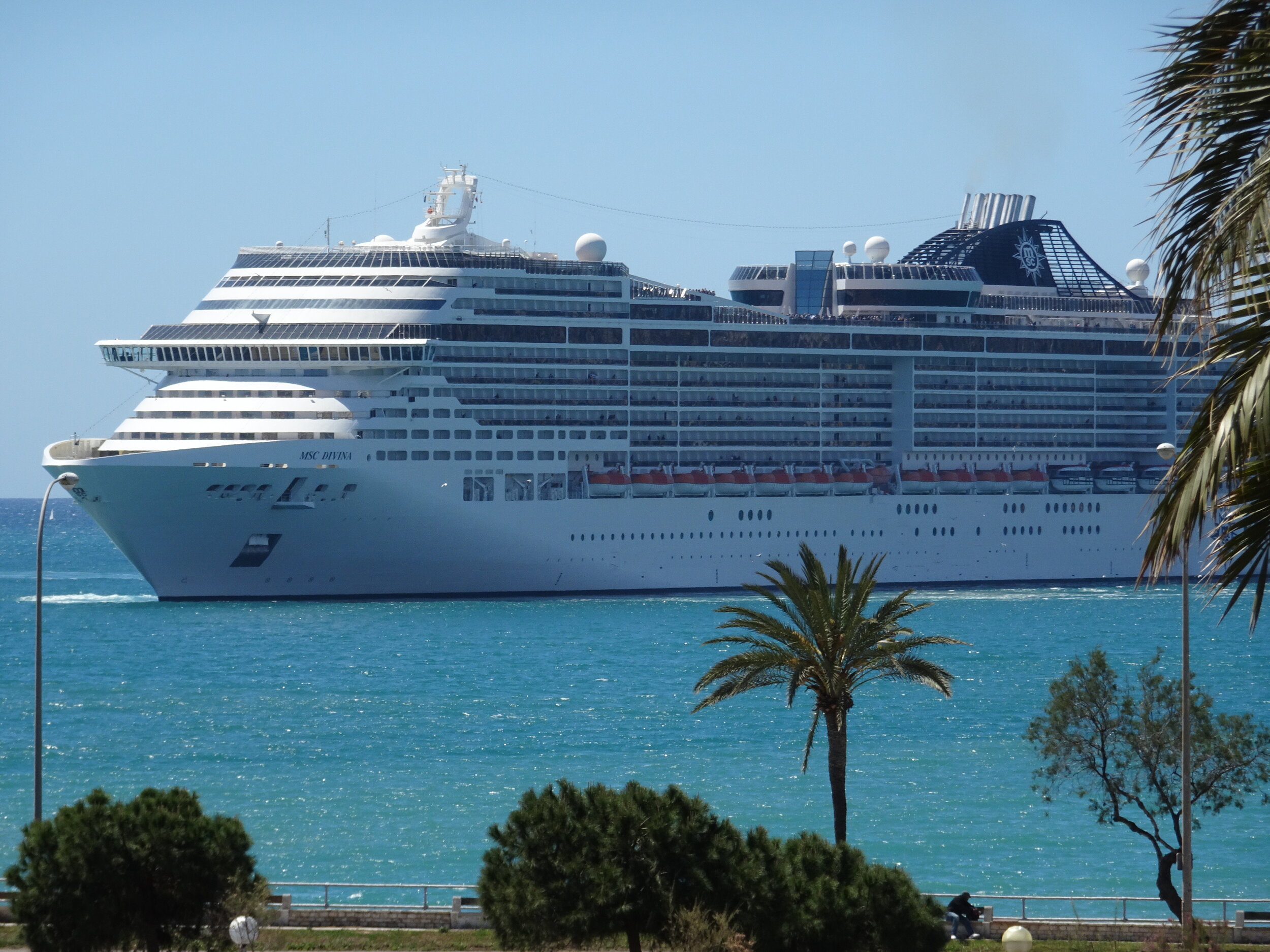Three Things to Understand about the Law and Cruise Ships
You booked your ticket and packed your bags. Boarding the ship was supposed to be a dream come true: an escape from the stress and routine of life. It started off well, dining on massive buffets and soaking up the sun at the pool. Somewhere down the road, your fantasy became a nightmare, leaving you with long-term issues, trouble in another port, and lost money. Can you fight the arrest or ticket? Can you seek compensation for the heartache and trouble? Is it possible to file suit when you weren't on land, leaving you in international waters, far away from a court system? As you pursue action, here are three things to think about.
What if Something Happens at Port?
If you exit a plane and walk into a foreign city, expect to follow that country's laws. The same holds true for leaving a cruise ship. While in port, you are in internal waters. If you did something that violated native laws, you can be held accountable by the local government. For example, did you get into a fight at a bar? During this altercation was someone injured? If so, it doesn't matter that you were only there for a day or that you didn't know the rules. When boats enter the open waters, it becomes a different story. The area's police have the right to charge and hold you. You'll deal with their court system to get out of the mess.
What if Something Happens in Open Sea?
In the middle of the ocean, does anyone really have control? Usually about 200 nautical miles from shore, you enter international waters. During this time, ask several questions to determine legal action. If someone stole something from you, you might be able to seek action. But from whom?
Look to the flag for guidance. It's going to tell you which government the ship's company obeys. For example, if the United States colors are waving up above, then most likely you'll need their services to solve the problem, following their maritime law. It is also possible, the captain and crew could seek assistance from a nearby territory. Sometimes governments divide up the uncharted ocean, allowing for some semblance of order.
What if You Bring Something from One Territory to the Other?
During your travels, you may have gone to a country where an action or item was legal. For example, in some countries, drugs are allowed. You may have dabbled in it during that stay. It was legal at the time. If you reenter the United States and still have possession of it, you cannot claim that it is okay because you had it there. Customs could find the contraband, confiscate it, and charge you. To avoid this, be aware of the changes in borders as well as the expectation for coming back to your home.
Your trip may not have turned out as you expected. It's best to know the regulations and try your best to obey them. When in doubt, get guidance from experts in the field. In the meantime, think about where you are. Ask about their statutes.
